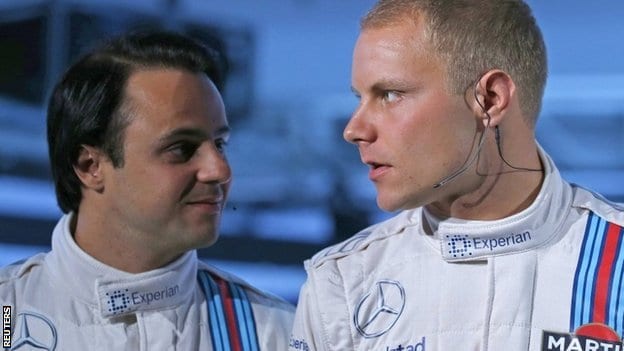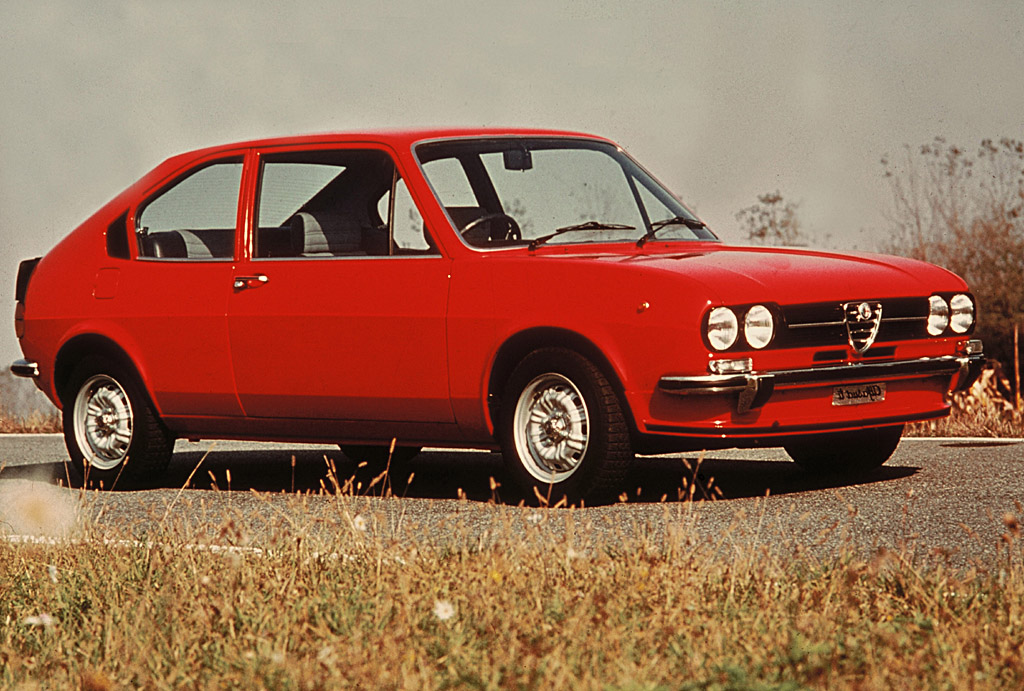While it’s easy to forget it, what with all the enormous egos of today’s racing drivers, Formula One is a team sport. It’s the constructors’ title that every team is gunning for, that’s what gives them the sponsorship opportunities and the financial rewards… the drivers’ title is just a nice extra.
Much of the talk after a less-than-spectacular Malaysian Grand Prix was over Massa’s blatant refusal to obey orders to allow his faster team-mate past. A familiar tale for poor Massa, for whom the words ‘Fernando is faster than you’ are surely etched in his mind forevermore.
Ultimately, in a brave decision for the new boy at Williams, Massa didn’t let up and potentially cost Williams points, which, at the end of the season could prove costly…literally. There are big bucks at stake here.
But really, there’s a lot more to it than that. Finances aside, team orders are healthy. Teams work hard to get the most competitive line-up they can afford and they want their drivers to be able to shine and show their full potential out on track. If drivers know that team orders will come into play… it’s game on and there’s nowhere to hide and play the middle-of-the-road guy who just happened to outqualify his team-mate.
Bottas had the edge and rather than risking a daring overtake and taking both he and Massa out, he should have been able to scamper off and see what progress he could have made, not only for himself but for the team. Once that call has been made, that’s it. If you’ve underperformed over the season, tough, a team needs to get the very best results possible.
It’s also about respect, both to your team-mate and to your team. Despite all the money in the world being thrown at motorhomes and pit garages, they’re small places and they feel a lot smaller when there’s tension in the air. You only have to look at the Red Bull debacle last year to see how quickly a team can become fragmented. A team built on mutual respect will, ultimately, be more successful.
Of course there are ways NOT to do it…giving way to your team-mate on the finish line à la Ferrari 2002 is one example of that, but generally – if used effectively – team orders should actively improve competition and respect between team-mates. Those teams that do will find themselves in a stronger position, both from a points perspective, but also from a team harmony point-of-view.
Some might say it’s bad PR for a team if they’re not seen to allow their drivers to ‘race’, but when it’s about making progress and making an impact on the bigger race, surely that’s more desirable? And from a PR perspective, handling the fall-out from a team orders row and insisting it’s ‘business as usual’ when the atmosphere is quite clearly frosty is a far bigger challenge, as Red Bull can confirm, I’m sure.

















